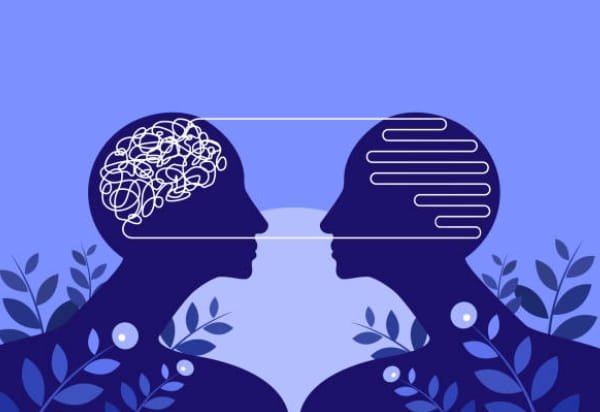Neuroplasticity Part Two – Practical Implications
Why Change Your Brain?
As explored in part one, our brains are magic. They have the amazing ability to change themselves based on their environment and experiences. Most of the changes in our brain are done during our childhood, from birth to about 25.
The bad news is that our brains stop adding new neurons after puberty. The good news is that we can still change our brains and our nervous system even after puberty and after the age of 25.
So, how do we do it?
Recognize That A Change Must Be Made
The first step to changing our brains is recognizing a change needs to be made. We need to reflect on what it is that we’re doing poorly or that we want to change, and that will be our first step. That desire or the acknowledgment, that you want to change or learn something new is the first step to neuroplasticity.
When you become aware of a change you want to make, certain chemicals are released in your brain that allow those changes to happen. That selective shift in attention signals to your brain that it’s time to change. In case you’re struggling to identify what changes you want to make or how you want to better yourself, here are a few proven ways to improve your brain’s neuroplasticity:
Learning A New Language
Acquiring a new language has been proven to strengthen certain connections in your brain that result in overall better cognitive abilities. Researchers show that the more languages someone has mastered, the faster the brain reacts to new words and information, further boosting your ability to learn even more languages.
This means that starting, maybe indeed, the hardest part. Once you become fluent in another language, your brain gets better at recognizing the specific encodings and patterns embedded within languages, and the more languages you add, the better you will get.
Music And Learning An Instrument
Learning to play an instrument is a very resource-intensive task for your brain. It involves several different areas of your brain being recruited at the same time in order for you to play music. This is largely because there is no specific ‘’music’’ center in your brain.
Music involves a lot of different elements such as pitch, tempo, melody, and so on. They are all perceived differently by our brains. This makes learning to play an instrument a great way to boost your cognitive abilities and strengthen your brain.
Exercise
Exercising is one of the things you can’t go wrong with unless you overdo it. It’s no surprise that apart from becoming more attractive for the opposite sex, exercise promotes better cognitive function. A regiment of consistent physical activity has a number of great benefits for your brain. The recommended amount of exercise for keeping your general well-being is about 150 minutes per week of moderate pace cardio activities, like walking, running, or cycling.
This coupled with a minimum of two days of strength training activities such as lifting weights or bodyweight exercises, will bring immense benefit not only to your cognitive functions but to your general well-being.
Getting A Good Night’s Sleep
Good sleep hygiene is essential for your brain. Although it never really shuts down, recent research has suggested that sleep might be the time when your brain is storing and categorizing the experiences of the previous day.
While sorting and labeling, your brain discards what you don’t need and makes sure that what you do need is at hand and ready to go. Consistency in your sleep schedule is a very important factor that contributes to good sleep. Make sure you develop a routine and good sleeping habits to prime your brain for learning and for positive change.
Having an irregular sleeping schedule might induce a number of unwanted effects on your state of mind and on your body as well.
Closing Thoughts
Your brain is a learning machine. Like all machines, it needs to be maintained and taken care of to perform to the best of its ability. If you find something on the list that interests you, try incorporating it into your daily life to notice the positive effects yourself. We must take care of our brains, like anything when neglected, it stops functioning properly.















